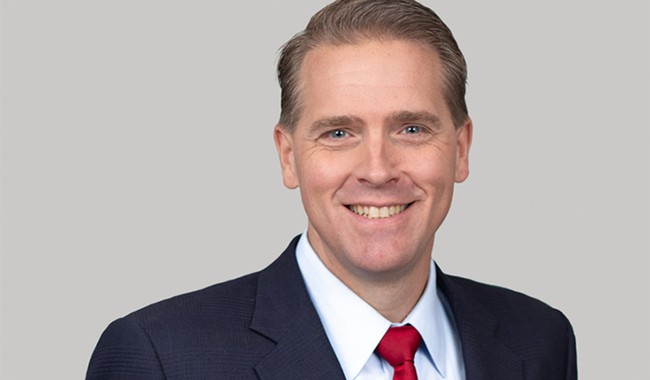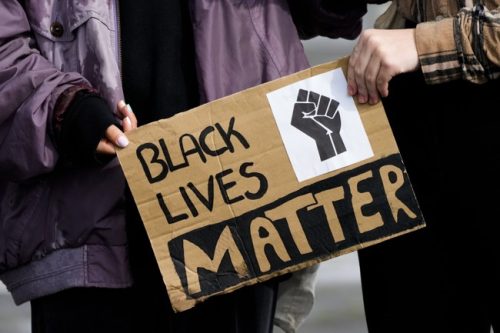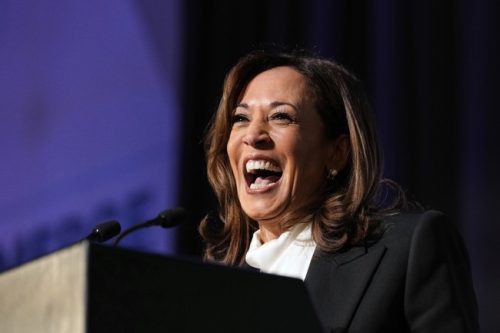Scott Jennings has become a lightning rod for the left, and Lawrence O’Donnell erupted on air attacking him by name. This piece walks through Jennings’ rise, O’Donnell’s heated on-air accusations, a catalog of O’Donnell’s past exaggerations, and the exchange that left Jennings delivering a clean, clipped comeback. Read on to see why a cable anchor’s tantrum ended up reinforcing the point Jennings makes about mainstream media bias.
Scott Jennings stands out as a straight-shooting conservative voice on cable news, the kind who speaks plainly and pushes back on sloppy reporting. Viewers who prefer common sense tend to like him because he combines facts with directness instead of performance. That reality appears to frustrate some on the left, and Lawrence O’Donnell went full blowup on live TV.
“And now CNN eagerly pays a Trump supporter to lie on CNN every day and night for Donald Trump,” O’Donnell said. “CNN did this during the first Trump presidential campaign and presidency. CNN regularly paid Trump supporters to lie about Trump on CNN.”
MSNBC’s Lawrence O’Donnell appears to suffer an on-air psychotic break over the fact that @ScottJenningsKY is being paid to express his opinions on CNN:
"CNN eagerly pays a Trump supporter to lie every day and night for Donald Trump!"
Un. Freakin. Hinged. pic.twitter.com/dfeVu3ghvV
— Western Lensman (@WesternLensman) October 28, 2025
“But then CNN got a new head. The head of CNN for the last three years, hired by the Trump-supporting owner and operator of CNN, is an Englishman who thinks paying Scott Jennings to lie about Donald Trump is money very well spent,” O’Donnell added. “Scott Jennings, who used to be an aide to Senator Mitch McConnell, was not always a rabid, lying Trump supporter.”
“When he first started appearing on television, he was capable of criticizing some of the more extreme Trump positions. But Scott Jennings figured out where the money is, and how he could get his own podcast, and decided to become the J.D. Vance of CNN,” O’Donnell continued. “Here’s how bad that television is that they make over there. The show that Scott Jennings frequents the most is on opposite this program. And that show, on a good night, gets half – half — of the audience of this show.”
O’Donnell closed by painting the network that books Jennings as morally bankrupt and financially complicit in dishonesty. He accused the CNN boss of valuing financial return over journalistic honesty, and he aimed that attack squarely at Jennings. The rant was loud, personal, and short on evidence.
That kind of broad brush insult is classic cable theater: big claims, little proof, and lots of heat. O’Donnell leveled sweeping accusations about lies without pointing to a single specific falsehood Jennings allegedly told. Expecting detailed sourcing after a segment like that would be reasonable, but it never arrived on air.
O’Donnell’s outburst didn’t come from nowhere. He has a long track record of bombastic claims that later proved shaky or exaggerated, which primes skeptical viewers to question his credibility. A quick look back shows a string of dramatic pronouncements that too often read like opinion dressed as fact.
For example, on August 22 of this year O’Donnell leaned on a Hollywood clip to argue against a real-world security decision involving the National Guard and the District of Columbia. The move felt theatrical and reinforced how he sometimes substitutes spectacle for source-driven analysis.
His dramatics reach back years. In 2017 he pushed a theory about foreign actors and chemical attacks that read like speculation more than reporting. In 2018 he proclaimed California the “most underrepresented state,” a claim that revealed a shaky grasp of how representation is calculated. The next year he floated claims about “Russian oligarchs” and financial ties, followed by and in related segments.
O’Donnell has also trafficked in sensational scenarios involving foreign operatives and political rivals, at times suggesting dramatic motives and actions without the documentation you’d expect for that level of charge. He made other sweeping accusations about the president that landed as headlines on cable and then faded when details failed to materialize.
In 2021 he criticized coverage of a public figure running for office, and later years brought more heated claims about the conduct of elected officials and the election process itself. He has used loaded language like “out of control” and “politician” to frame opponents rather than engaging with facts. During an election cycle he labeled certain security measures “voter suppression,” and the rhetoric only intensified from there.
That pattern matters because it shows the context for why O’Donnell exploded at Jennings: he’s been practicing high-volume outrage for a long time, and Jennings represents a persistent conservative voice who won’t replay the same partisan scripts. On March 13 O’Donnell even mounted an attack aimed at coverage of the president that came before many facts were in.
Viewers tired of spin notice when cable anchors rely on heat rather than evidence. Plenty of people see O’Donnell’s style as weaponized opinion, while Jennings projects the opposite—trained focus, pointed rebuttal, and the occasional sharp retort. The net result is tension that plays well for viewers who prefer debate over monologue.
When Jennings answered, his response landed clean and succinct, the kind of reply that ends an argument without getting messy. That, ladies and gentlemen, is a mic drop.






